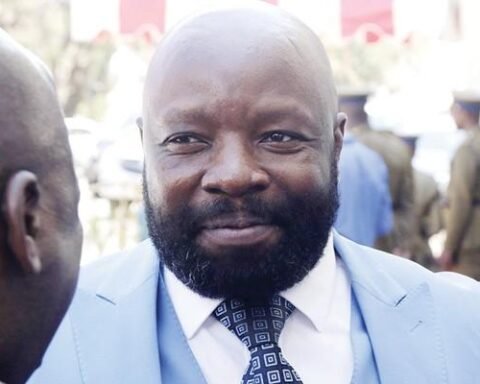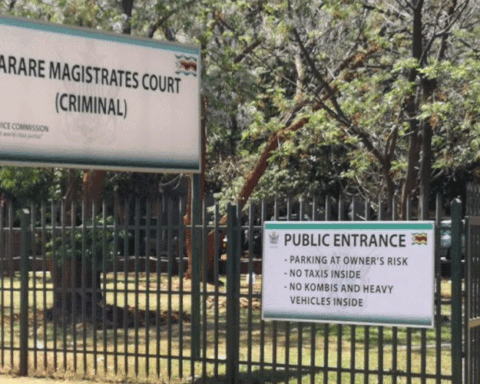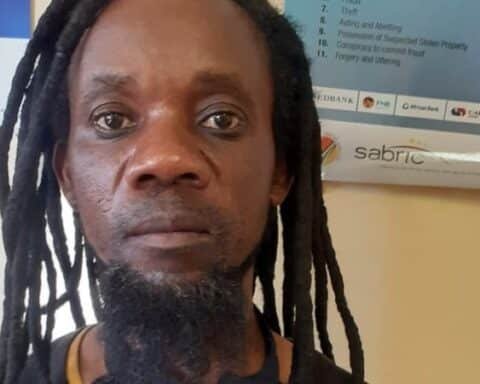VIETNAM | A court in Vietnam has sentenced real estate female tycoon Truong My Lan to death over a fraud case totalling $12.5 billion. State media reported that the trial, which commenced on March 5 and concluded earlier than anticipated, marked a significant outcome of the anti-corruption campaign long championed by the leader of the ruling Communist Party, Nguyen Phu Trong. Lan, the chairwoman of real estate developer Van Thinh Phat Holdings Group, was found guilty of embezzlement, bribery, and violations of banking regulations following a trial in Ho Chi Minh City, the country’s business hub.
“We will continue to fight to explore our options,” a family member, speaking on condition of anonymity, told Reuters. Prior to the verdict, they had indicated Lan’s intention to appeal against the sentence. Lan, represented by one of her lawyers, Nguyen Huy Thiep, pleaded not guilty to the charges of embezzlement and bribery.
Vietnam often imposes the death penalty for violent crimes, yet it also applies it to economic offenses. Human rights groups have criticized the country for executing numerous convicts in recent years, predominantly through lethal injection.
According to the Thanh Nien newspaper, 84 defendants in the case received various sentences, ranging from three years of probation to life imprisonment. Among them were Lan’s husband, Eric Chu, a Hong Kong businessman, who was sentenced to nine years, and her niece, who received a 17-year term.
Lan’s journey from a cosmetics trader in Ho Chi Minh City’s central market to a major player in high finance was marked by her founding of Van Thinh Phat in 1992. However, she and her associates were found guilty of siphoning over 304 trillion dong from Saigon Joint Stock Commercial Bank (SCB), which she controlled through numerous proxies, circumventing rules on large shareholding in banks.
Between early 2018 and October 2022, Lan misappropriated substantial sums by orchestrating unlawful loans to shell companies, ultimately leading to a run on SCB’s deposits and prompting a state bailout. The jury, as cited by state newspaper VnExpress, condemned Lan’s actions for not only violating property rights but also undermining public trust in the Party and State’s leadership.
As SCB undergoes restructuring, authorities are grappling with the legal status of assets used as collateral for loans and bonds issued by Lan’s company. Despite her previous involvement in rescuing SCB from crises, Lan was found guilty of bribing officials, including a senior central bank inspector, Do Thi Nhan, who received a life sentence.
Vietnam’s anti-corruption campaign, known as “Blazing Furnace,” has seen numerous senior state officials and business executives prosecuted or compelled to resign. Corruption remains pervasive, with reports indicating that in some provinces, individuals resort to bribery even for basic public services like healthcare.








